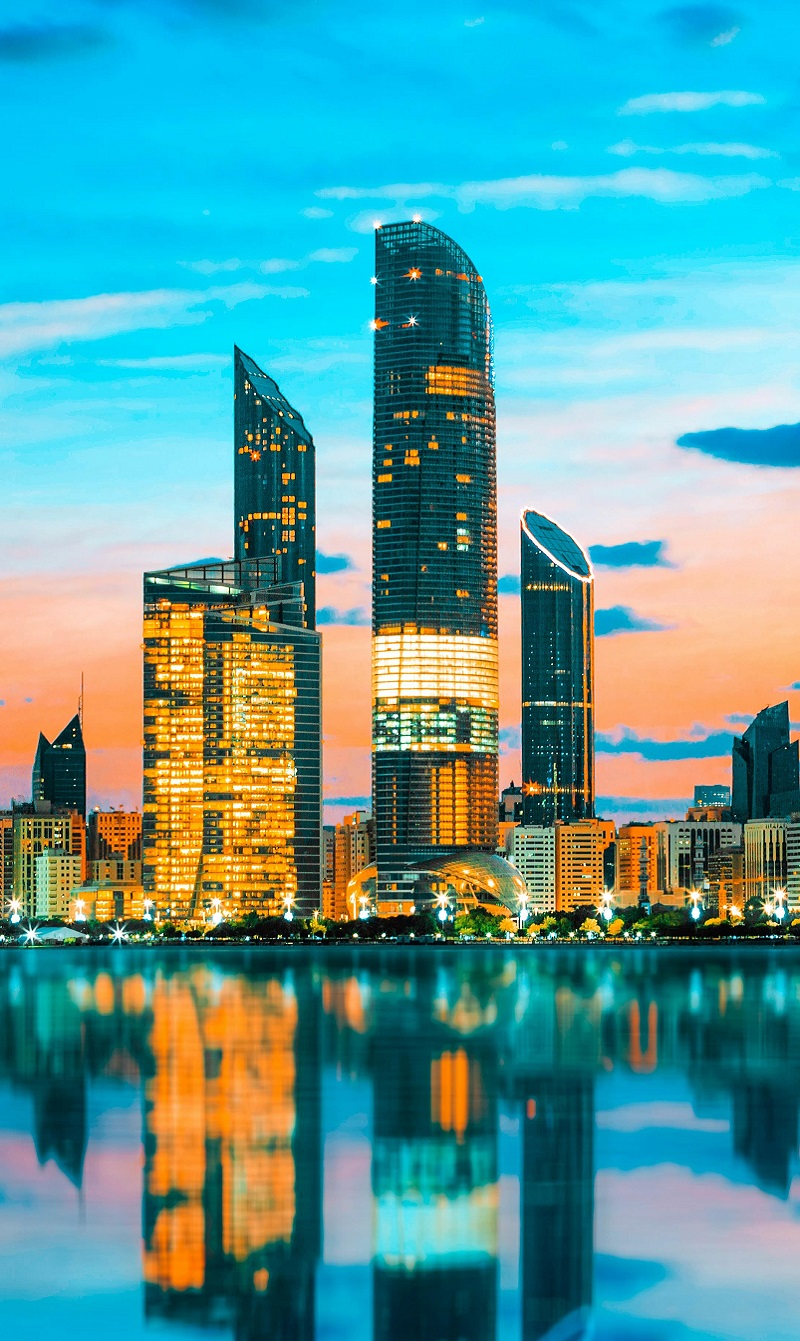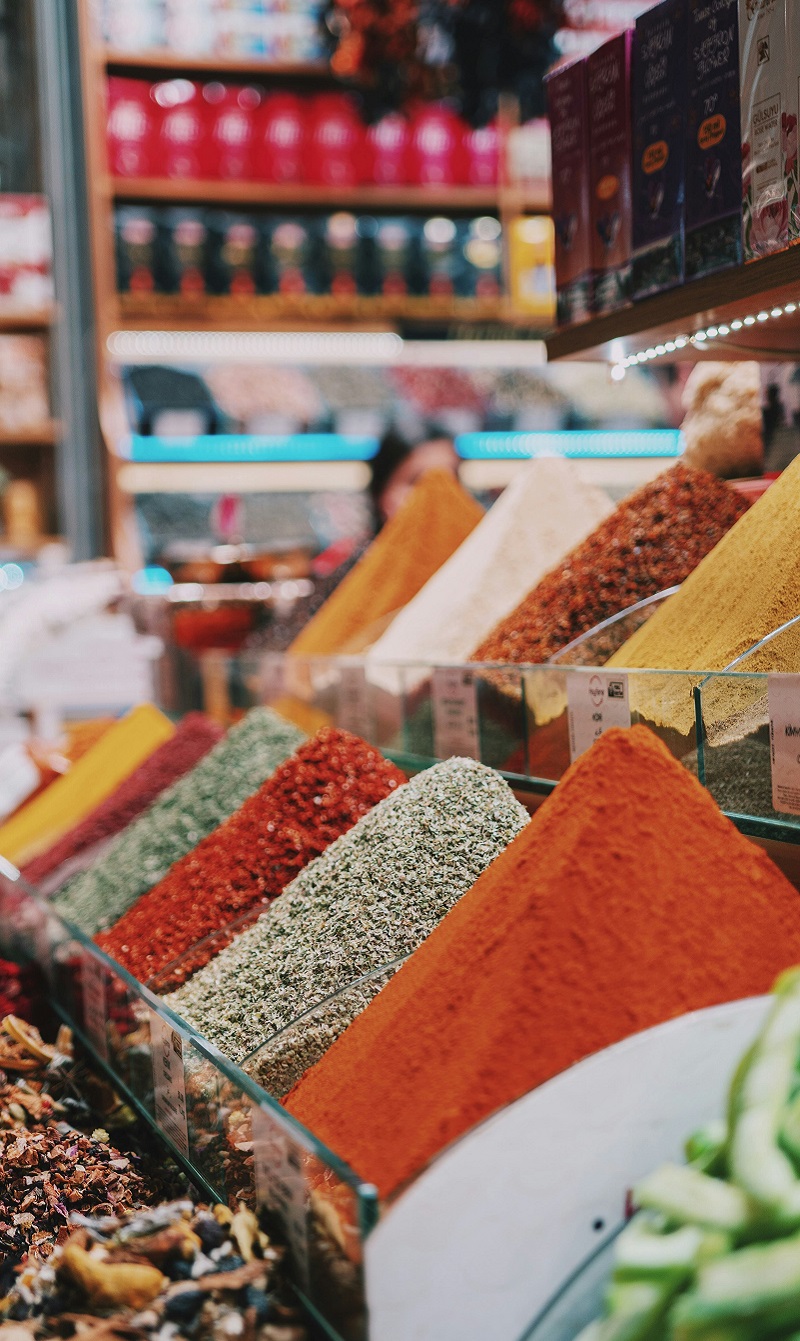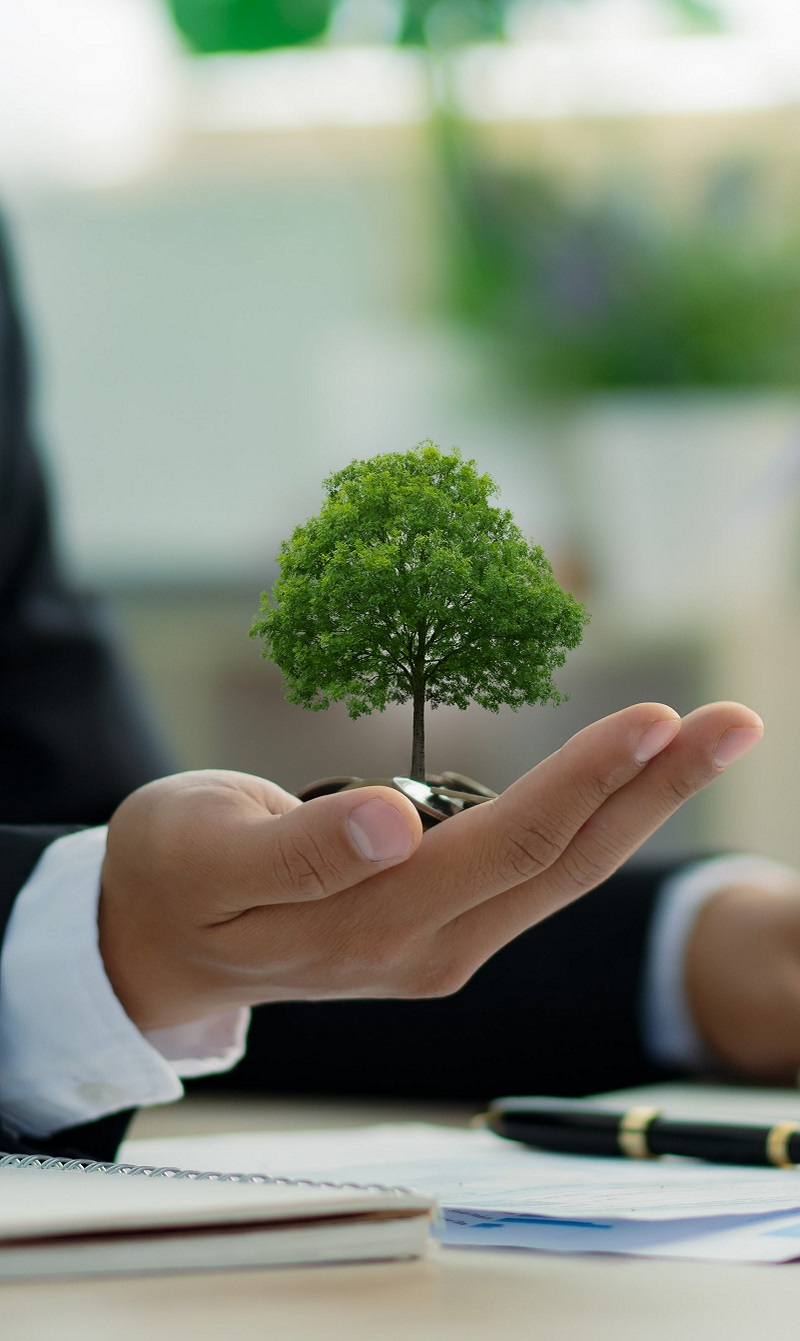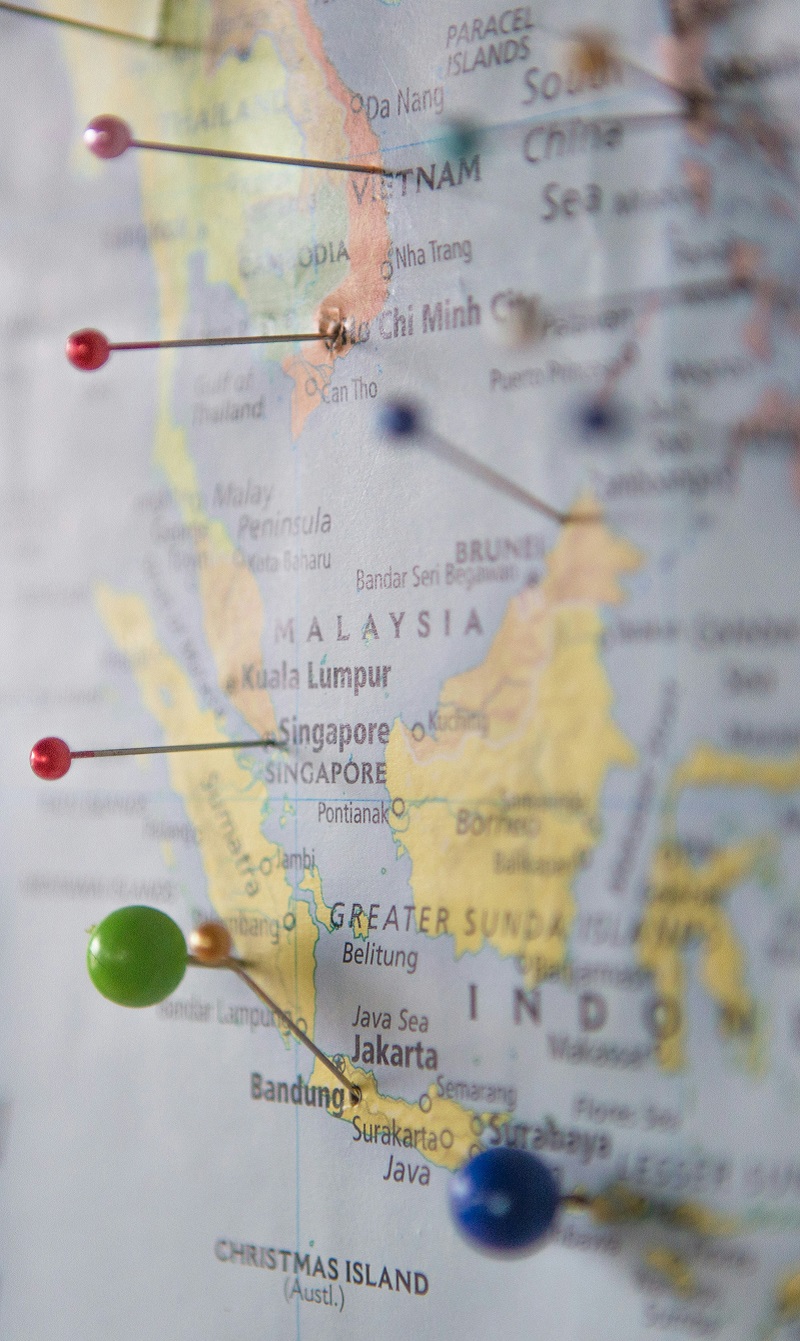A New Wave of Soft Power
In a world where wielding economic power alone no longer works, soft power takes over. Soft power has been equally responsible for the success of strong economies as hard power. However, it is evolving. Su Aziz analyses its development. This article first appeared in issue 6 of In Focus magazine.
Soft power, in a nutshell, is making people want the outcomes you want, in a non-coercive and persuasive way. The term ‘soft power’ was coined by 83-year old Joseph Nye, an American political scientist and author of Bound to Lead: The Changing Nature of American Power. In the late 1980s, Joseph introduced the concept and pioneered the theory of ‘soft power’, in contrast of ‘hard power‘ which uses coercion and payment. According to Joseph, ‘Soft power resources are the assets that produce attraction which often leads to acquiescence’ and soft power of a country is based on three resources: culture, political values and foreign policies that are both legitimate and possess moral authority.
What to bear in mind is, as Joseph argued, ‘soft power is more than influence and persuasion or the ability to move people by argument, though that’s an important part of it. It’s also the ability to attract, and attraction often leads to acquiescence.’ It has been reported how ‘popular culture and mass media are regularly identified as a source of soft power’. This is never more so than today. Before, America held soft power in its tightly closed fist with its wide diplomatic network and arts such as films as well as music that contributed to the Americanisation of many cultures.
As did Europe, led by France in 2019 according to Soft Power 30 ranking, with their literature, design, arts and food. However, today, the soft power shift to the eastern hemisphere is apparent in the likes of Japan, China and South Korea. Especially South Korea. Never has a nation disseminate its culture and language so effectively in such a short time as South Korea has done in the last decades. Thus, motivating the global community to acculturate.
Unless you’ve been living under a rock, and without wifi connection, you simply can’t evade the global spread of South Korean soft power. An example of Hallyu or Korean wave phenomenon of cultural export, and ‘people-to-people diplomacy’, is BTS. The singing group of seven boys under 30 years old was formed in 2013. They’ve been winning hearts alongside multiple global awards ever since, with Guinness World Book of Record-breaking social media engagements in 2019. So much so, American toy company Mattel produced dolls of BTS members in 2019 and it was reported that the decision helped hiked the company share value by almost eight per cent. BTS is a significant contributor to both the economy and popularity of South Korea. In fact, Hyundai Research Institute reports, their impressive contribution into the South Korean economy annually is almost USD4 billion.
New Wave of Soft Power
For the longest time, media was fundamental in influencing viewers, readers or listeners, when it came to the reputation of faraway countries. Fast forward four decades later. With the advent of speedier generations of wifi, ultra-smart communication devices and mushrooming social media platforms, soft power today includes influencers – whose content on the social media platforms are considered to be better than propaganda.
Mainly through influencers, culture and more aspects of a country halfway around the globe, as well as a lifestyle, can be made incredibly popular. Examples include 29-year old Li Ziqi who garnered 32 million followers on Weibo and 8.3 million on YouTube with her posts on an idyllic life in rural Sichuan in China. And 27-year old Julius Roberts, with his 50,000 Instagram followers just in the past three years, who left London as well as job as a chef to run a small farm in East Anglia, England.
As we know, the power of numbers can’t be ignored. Influencers such as Ziqi and Julius, have set a lifestyle trend of sustainability, slow food as well as a more rustic way of living. But they are only two examples of thousands of influencers out there affecting their followers in terms of what to buy, eat, see, do, how to live and who to believe. It is this power of numbers that businesses flock to exploit in terms of featuring their products or services in a post of an influencer. Thus, expanding their global reach exorbitantly.
This is what today’s soft power looks like, made possible by innovative technology. Tech, according to China Daily in their 2019 article, is the new soft power. It has been reported how WeChat and Alipay in China include ‘every conceivable service that can help make modern life easy. Forming social networks using e-tools has become integral to modern life and China’s tech ecosystem perhaps performs this function better than any other, by bundling consumption-related conveniences’. Thus, ‘fostering entrepreneurialism’. It’s a long-term positive effect for the Chinese economy when locals and foreigners in China use Chinese apps as convenient tools and information, as well as networking, source for their everyday life.
Powering Up Businesses and Economies
According to a 2012 research paper, Construction of Soft Power of Small and Medium-Sized Enterprises by Li Hongyu, Liu Meiyue and Zhao Jiayi, while enterprise hard power is mainly referring to capital, scale, profit, the plant, equipment, production, business facilities and employees, ‘enterprise soft power is to show the enterprise tenet, values, innovation mechanism, enterprise culture, behaviour standards, social responsibility consciousness which is condensing into social reputation, market credit and brand influence. A systematic enterprise soft power system is an organic mechanism collecting ideas, vision, mission, goals, environment, rules, cultivation and incentive, warning and supervision’.
With more and more pressure put upon the importance of business ethics, brand reputation is key and it is where soft power hits the hardest. An example, Dove by Unilever, according to a 2017 article in Marketing, led the gender politics debate with their ‘Real Beauty’ campaign in 2004. However, years later, a three-second GIF ad on Facebook damaged Dove’s reputation. The ad was intended to reflect diversity through the image of a black woman removing her brown shirt to reveal a white woman in a light shirt. This was looked upon as ‘a dirty black person cleansed into whiteness’.
The same Marketing article concludes that ‘even an outstanding reputation almost never comprises any unique characteristics that an organisation can own and be known for. We may love and recommend the local general store that makes its own soap, but there is still only one Dove. To shift [brands] from walking on eggshells to stampeding their values to the masses, measured amounts of bravery and ethics are required. Cultural coherence, however, is what can stop bravery from getting stupid or ethical preaching from becoming boring’.
In a 2004 paper by British Council, Soft Power Today: Measuring the Influences and Effects, it states that although it’s difficult to define soft power conceptually and validate empirically, there’s no doubt that it’s a fundamental influence in ‘international relations, global cultures and political economy’ that ‘encompasses the work of governments and non-governmental actors and citizens’. Furthermore, soft power overlaps but doesn’t cover similar scope of public and cultural diplomacy, as well as cultural relations.
Sitting at the top ranking of The Soft Power 30 in 2019, is France, a country seen as a reliable European leader, thanks to President Emmanuel Macron. Its extensive diplomatic network, culture, art, film, food, sport and tourism, certainly add to its appeal. ‘It is unrivalled in its memberships to multilateral and international organisations, and has the highest number of diplomatic cultural missions via its extensive Alliance Francaise network. President Macron has done well to put France’s diplomatic machinery to good use,’ states The Soft Power 30 overview.
Today, in the wake of globalisation, soft power transmitted online transcends boundaries and diplomacy. Proving what Joseph said is right – it’s more than just an instrument that governments use to mobilise culture as well as policies relatable, and attractive, to people from other countries. Soft power emanating from influencers on social media platforms, presents an equal opportunity for businesses of all sizes to advertise products as well as services, and facilitates a positive business credibility to global markets.
Besides influencers of social media, organising international forums and conferences too, are effective tools of soft power. For instance, rehashing a point in The Soft Power Effect article in BRICS business magazine, an investment forum is a terrific platform on which a country or organisation can attract foreign investments into any economy. Thus, ‘opening up new economic prospects’ while strengthening its positive reputation.
Whichever way soft power takes shape from here on, it will always be as Joseph puts it, ‘Soft power is not a form of idealism or liberalism. It is simply a form of power, one way of getting desired outcomes.’ Basically, you’d do well to remember that soft power relies on the ability to shape what consumers want. Yes, that’s it.
How to earn soft power for businesses
1. Cultivate a favourable reputation to attract consumers, talent and investment.
2. Build network and relationships.
3. Have integrity, earn trust.
4. Be familiar to consumers in terms of brand recognition.
5. Be the authority of your product or service.
Main photo by SHTTEFAN on Unsplash





